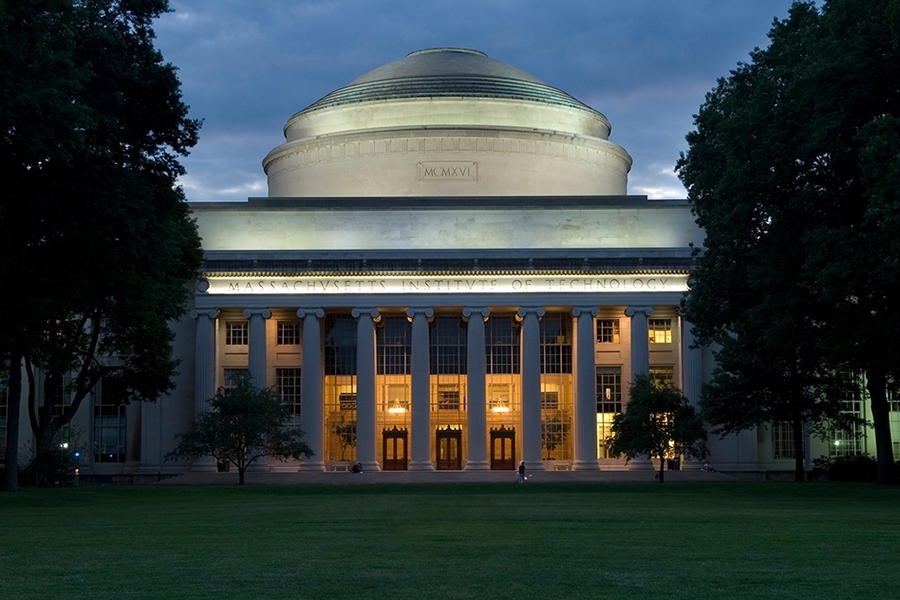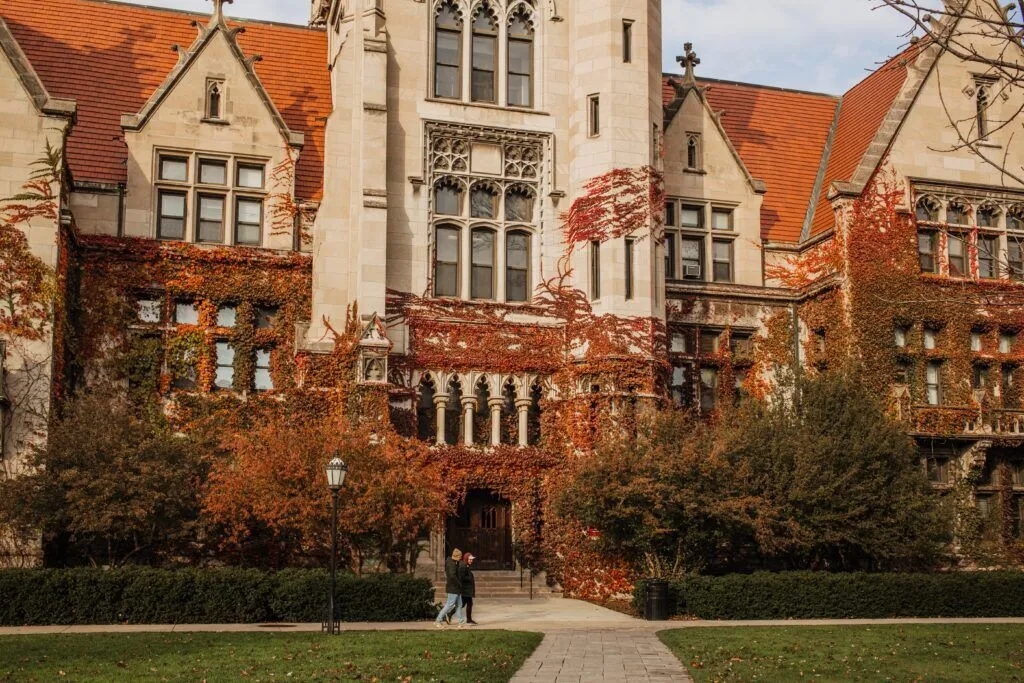Why Harvard is the Top Choice for Future Leaders?

Harvard University, one of the most prestigious and well-known educational institutions in the world, has earned a reputation as the top choice for future leaders across various fields, including business, politics, law, science, and the arts. For centuries, Harvard has been at the forefront of shaping the minds of those who will go on to influence global industries, lead nations, and drive innovation.
In this article, we explore the unique factors that make Harvard University the preferred destination for individuals aiming to become tomorrow’s leaders.
1. A Legacy of Excellence and Influence
Harvard’s unparalleled legacy dates back to 1636, making it the oldest university in the United States. Over its long history, it has produced an impressive roster of leaders, including U.S. presidents (such as John F. Kennedy and Barack Obama), business magnates like Bill Gates and Mark Zuckerberg, and Nobel laureates across numerous fields. Harvard’s long-standing tradition of academic excellence has established it as a leading institution for those who aspire to make a meaningful impact on the world.
The university’s rich heritage in leadership development is not just a product of its history but a living, evolving process. Harvard’s emphasis on cultivating leaders who are not only skilled in their respective fields but also deeply committed to ethics, social responsibility, and global change continues to attract high achievers who wish to follow in the footsteps of these trailblazers.
2. A World-Class Education in Leadership
Harvard is synonymous with academic rigor, and its programs are tailored to cultivate the skills that future leaders need to thrive. The Harvard Kennedy School offers master’s degrees in public policy and public administration, producing leaders in both government and nonprofit sectors. The Harvard Business School (HBS) is one of the top destinations for aspiring entrepreneurs and corporate leaders, renowned for its MBA program, which focuses on strategic thinking, leadership, and decision-making in the complex business world.
Harvard’s educational approach is holistic, combining theoretical knowledge with practical applications. Whether it’s in the classroom, through case studies at HBS, or in real-world situations like internships and leadership projects, students are continuously challenged to think critically, solve complex problems, and make decisions that will benefit society.
3. A Culture of Leadership and Innovation
At Harvard, leadership is not just taught; it’s embedded in the very culture of the institution. The university provides countless opportunities for students to develop and practice leadership through extracurricular activities, clubs, and organizations. From the Harvard College Leadership Initiative to the Harvard Student Government, students are encouraged to take on leadership roles and make impactful decisions that affect their campus community.
Moreover, Harvard fosters a spirit of innovation by providing students with resources such as innovation labs, startup incubators, and leadership training workshops. Harvard’s vast network of successful alumni serves as a living testament to the effectiveness of this model, with graduates who go on to lead groundbreaking companies, nonprofits, and government agencies around the globe.
4. A Global Network of Leaders and Influencers
One of Harvard’s most significant advantages is its global network of alumni, faculty, and experts. With more than 400,000 alumni in virtually every country, Harvard provides its students with access to a vast web of connections in industries ranging from finance and technology to international relations and philanthropy.
This extensive network opens doors for students, offering mentorship, career opportunities, and a platform for collaboration with individuals who are already leaders in their fields. Many Harvard alumni are actively involved in student development, offering guidance and support to the next generation of leaders.
The university’s global partnerships further expand the opportunities for students to engage in international experiences, whether through research collaborations, internships, or exchange programs with top universities worldwide.
5. A Focus on Ethical Leadership and Social Impact
Harvard places a strong emphasis on developing ethical leaders who are committed to making a positive difference in the world. Through initiatives like the Center for Public Leadership at the Harvard Kennedy School and the Social Innovation and Change Initiative at the Harvard Business School, students are encouraged to think about leadership in the context of social responsibility.
Harvard’s commitment to social impact is evident in the numerous programs and projects that seek to address pressing global challenges such as climate change, global health, human rights, and economic inequality. Students are equipped with the tools they need to become leaders who can make ethical decisions in complex and rapidly changing environments.
Harvard’s strong commitment to diversity and inclusion also plays a significant role in developing leaders who understand the importance of diverse perspectives in solving global challenges.
6. Leadership Development Through Real-World Experience
Harvard University’s approach to leadership development goes beyond theory. The university offers real-world experiences where students can hone their leadership skills in various settings. Through internships, fellowships, and practical leadership projects, Harvard students gain valuable exposure to the challenges and opportunities that leaders face in their careers.
For example, the Harvard Business School Field Immersion Program provides MBA students with hands-on experience in international markets, while the Harvard Kennedy School’s Policy Analysis Exercise allows students to address real-world policy problems with tangible solutions.
These immersive experiences help students build confidence, decision-making skills, and the ability to lead in high-pressure situations, making them well-prepared for leadership roles upon graduation.
7. Interdisciplinary Collaboration and Learning
Harvard encourages interdisciplinary learning, recognizing that the challenges of tomorrow will require leaders who can think outside of traditional boundaries and work across fields. Whether it’s business, law, medicine, or government, students at Harvard are taught to collaborate with others from diverse disciplines, equipping them with the skills needed to solve complex global issues.
For example, the Harvard Innovation Labs provides resources for students from various schools within the university to work together on entrepreneurial projects that address social, environmental, and technological challenges. By working with peers from different backgrounds, students develop a broader perspective on leadership and learn how to leverage the expertise of others to create impactful solutions.
8. Harvard’s Role in Shaping Global Policy and Business
Harvard graduates have always played a significant role in shaping global policy and business trends. The Harvard Kennedy School, for instance, produces leaders who go on to hold influential positions in government and international organizations, such as the United Nations and the World Bank. Harvard Law School has trained some of the most powerful legal minds, while Harvard Business School has shaped the leadership of global companies and financial institutions.
As the world becomes more interconnected, the role of global leadership has never been more important. Harvard continues to be a leader in this space, producing graduates who are equipped to address complex global challenges such as political instability, economic crises, health pandemics, and climate change.
Conclusion: Why Harvard is the Top Choice for Future Leaders
Harvard University’s legacy, academic rigor, global network, and commitment to ethical leadership make it the top choice for future leaders. With its focus on developing leaders who are equipped with the knowledge, skills, and moral compass to tackle the challenges of tomorrow, Harvard provides an environment where individuals can not only excel but also make a lasting impact on society.




